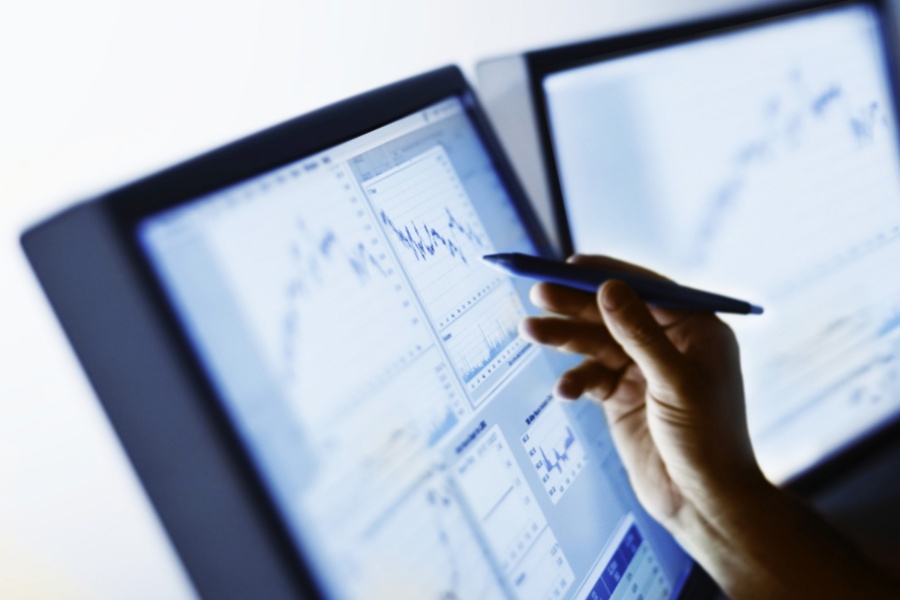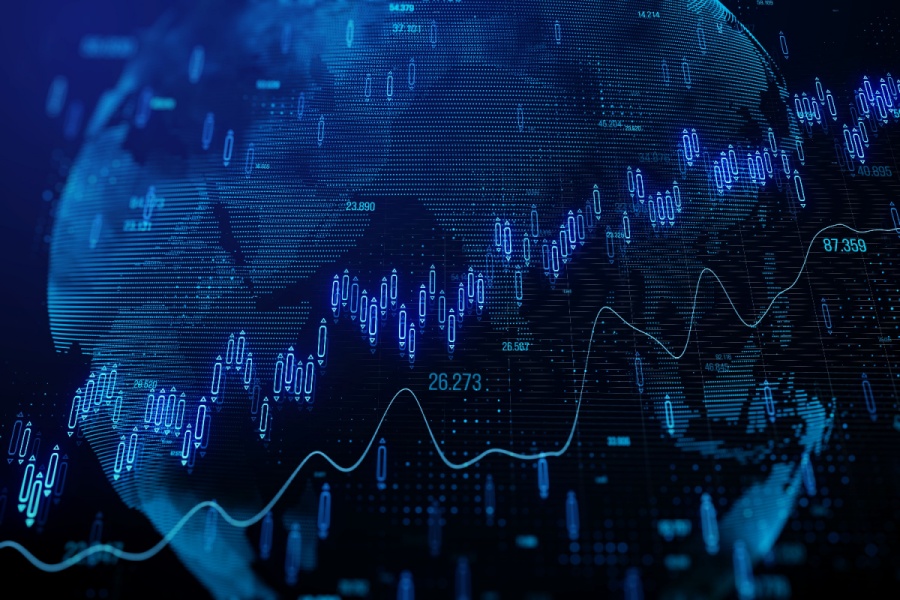
Assessing The Global Economic Landscape
The COVID-19 pandemic left an indelible mark on the global economy, with widespread disruptions to supply chains, labor markets, and consumer behavior. While many economies have shown resilience and adaptability, the recovery process remains uneven. Developing countries, in particular, face prolonged economic strain due to limited access to vaccines and financial resources, exacerbating pre-existing inequalities.
Geopolitical tensions continue to influence the global economic framework. Trade disputes, particularly between major economies such as the United States and China, create uncertainties that affect global trade flows and investment patterns. The ongoing conflict in Ukraine has further heightened concerns, impacting energy prices, commodity markets, and economic stability in Europe and beyond.
Inflation has emerged as a significant challenge for policymakers worldwide. Supply chain bottlenecks, labor shortages, and rising energy costs have contributed to higher prices for goods and services, eroding purchasing power and sparking debates over monetary policy responses. Central banks are grappling with balancing the need to contain inflation without stifling economic growth, leading to varied approaches across different regions.

Despite these challenges, technological advancements present promising opportunities for economic growth and innovation. The acceleration of digital transformation, adoption of renewable energy sources, and advancements in healthcare and biotechnology offer potential pathways for sustainable development. Countries that invest in education, infrastructure, and research and development are well-positioned to reap the benefits of these technological shifts.
The global economic situation is characterized by a mixture of challenges and opportunities. While the path to recovery remains fraught with uncertainties, strategic investments in technology, education, and infrastructure can pave the way for sustainable growth. As nations navigate this complex landscape, collaboration and adaptive policies will be essential in fostering a resilient and inclusive global economy.


